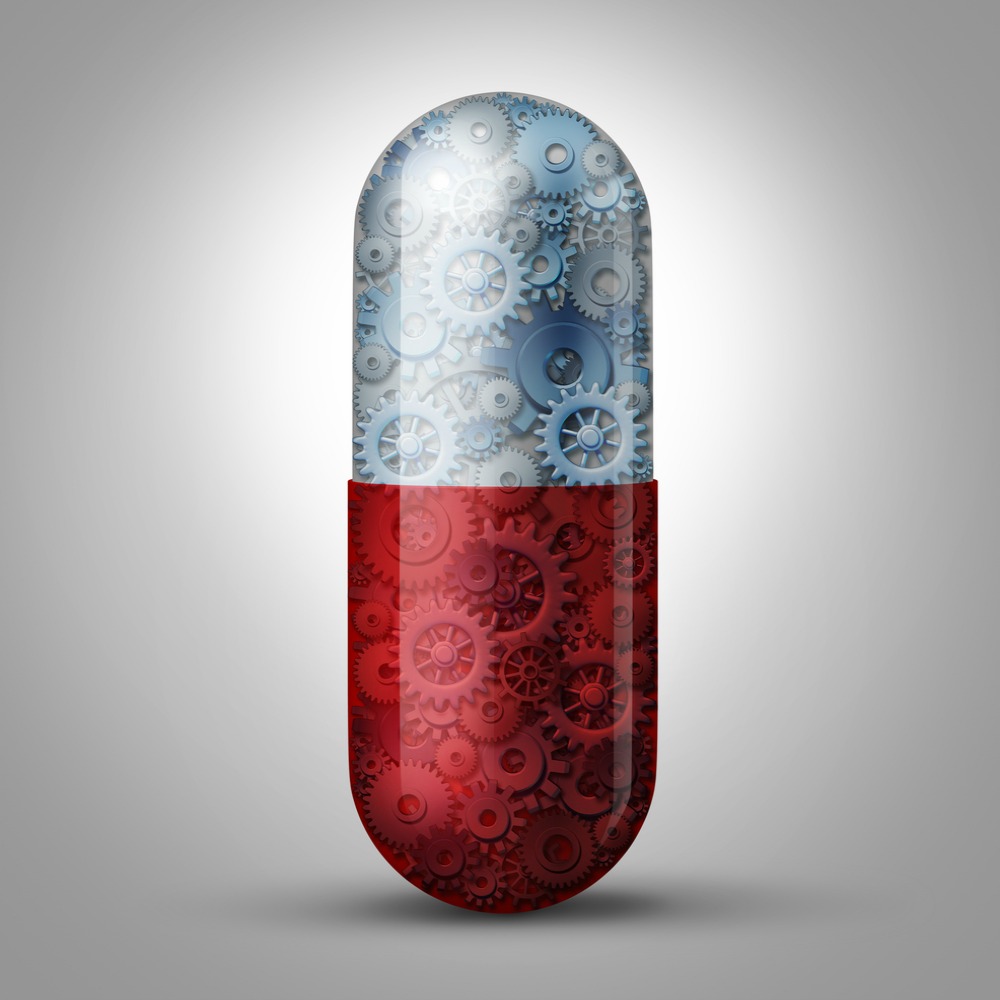A study recently published in The Journals of Gerontology, Series A: Biological Sciences and Medical Sciences, led by scientists from the Virginia Tech Carilion Research Institute has discovered that resveratrol and metformin may have many of the neuroprotective benefits of a low-calorie diet and exercise.
“We all slow down as we get older. Gait, balance issues, and impaired motor coordination contribute to health problems, accidents, lack of mobility, and a lower quality of life,” says Gregorio Valdez, an assistant professor at the Virginia Tech Carilion Research Institute, in a university release. “We work on identifying molecular changes that slow down motor deficits that occur with aging. I believe that we are getting closer to tapping into mechanisms to slow age-induced degeneration of neuronal circuits.”
What is resveratrol
Resveratrol is a compound that is found within the skin of red grapes and red wine that has anti-aging effects. Not only has it been shown to cause the prevention of aging, it also has many other health benefits. For example, as an antioxidant, resveratrol helps to prevent free radical damage, which dermatologists now recognize as a leading cause of age spots and wrinkles.
The primary purpose of the action of natural products may be to regulate the expression of miRNA, which leads to cell death or prevents aging, diabetes, cardiovascular diseases, and other diseases. Resveratrol has been studied for its properties in many studies, such as a meta-analysis of 19 published papers indicating that resveratrol acts as a life-extending agent.
What is metformin
Metformin is often prescribed to those with type-2 diabetes, but it is also no stranger to anti-aging research. Preliminary studies suggest that metformin may slow aging, have cardiovascular effects, and increase life expectancy, by improving the body’s responsiveness to insulin, antioxidant effects, and promoting blood vessel health. While more research is needed, based on a systematic review of 53 studies, it is also thought to possibly lower the risk of all-cause mortality, cancer, dementia, and stroke.
The study
This study shows that resveratrol preserves muscle fibers as we age as well as helps to protect the connections between neurons called synapses from the negative effects of aging. For this study, aged mice were treated with resveratrol for one year, paying particular attention to neuromuscular junction synapses which are essential to voluntary movement, relaying motor commands that flow from neurons in the spinal cord to the muscles.
Previous research found that an optimum diet and exercise regime could protect the neuromuscular junction synapses from the effects of aging. This study showed that resveratrol can have a similarly beneficial effect. This study also revealed that metformin slowed the rate of muscle fiber aging, but it did not significantly affect the aging of the neuromuscular junctions. However, the researchers think that metformin may protect the synapses in different dosage amounts.
What does this mean?
“Metformin is an FDA-approved drug to treat diabetes, but our study hints it may also serve the purpose of slowing the motor dysfunction that occurs with aging,” Valdez said. “There could be an opportunity for researchers and medical doctors to look at the patient population using this drug and ask whether metformin also has a positive effect on motor and cognitive function in humans.”
“In wine, resveratrol is in such small amounts you could not drink enough of it in your life to have the benefits we found in mice given resveratrol,” Valdez said. “These studies are in mice, and I would caution anyone from blasting their bodies with resveratrol in any form. The next step is to identify the mechanism that enables resveratrol to protect synapses. If we know the mechanism, we can modify resveratrol or look for other molecules that are more effective at protecting the synapses.”
As with anything you read on the internet, this article should not be construed as medical advice; please talk to your doctor or primary care provider before changing your wellness routine. This article is not intended to provide a medical diagnosis, recommendation, treatment, or endorsement. Additionally, it is not intended to malign any religion, ethic group, club, organization, company, individual, or anyone or anything. These statements have not been evaluated by the Food and Drug Administration.
Content may be edited for style and length.
References/Sources/Materials provided by:
http://vtnews.vt.edu/articles/2017/03/resveratrol-vtrcri-030717.html
http://dx.doi.org/10.1093/gerona/glx023
https://www.ncbi.nlm.nih.gov/pmc/articles/PMC9326919
Hector KL, Lagisz M, Nakagawa S. The effect of resveratrol on longevity across species: a meta-analysis. Biol Lett.2012 Oct 23;8(5):790-3.
https://www.ncbi.nlm.nih.gov/pmc/articles/PMC4772077
https://www.ncbi.nlm.nih.gov/pmc/articles/PMC8965502
https://www.frontiersin.org/journals/endocrinology/articles/10.3389/fendo.2021.718942/full#B37


